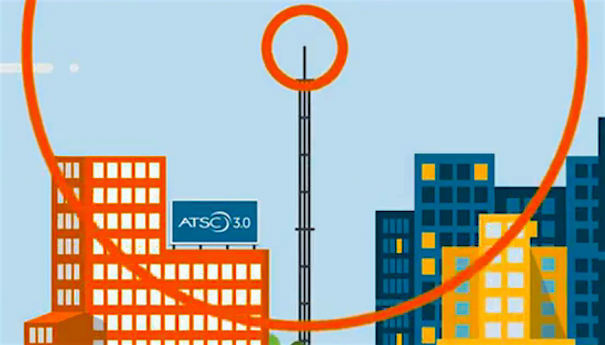NAB to FCC: Don’t Stifle ATSC 3.0 Innovation
NAB hopes to see a “light regulatory touch” when it comes to the NextGen TV standard

WASHINGTON—When it comes to the deployment of ATSC 3.0 and the new services that it can provide to broadcasting and beyond, the NAB tells the FCC it should take a “light regulatory touch.”
On a call on Oct. 1, NAB spoke with the FCC Media Bureau on its Notice of Ex Parte Communication that deals with potential ATSC 3.0 regulations, specifically regarding new services that broadcasters could offer the public with the NextGen TV standard.
While broadcasters are taking a “broadcast first” approach to the ATSC 3.0 rollout, according to NAB, the new transmission standard will also provide new and innovative services to consumers.
“The commission’s policies should encourage broadcasters to continue to invest in their facilities to improve their ability to offer service to the public, not stifle innovation through unnecessary regulation,” NAB said. “Unlike their competitors in the wireless industry, broadcasters are funding this transition without the benefit of additional spectrum.”
NAB also made the case that there is no need to revisit the FCC’s previous decision not to impose new format requirements for broadcasters as part of the ATSC 3.0 transition. The association says the existing rules regarding derogation of service have had no issues, causing no reason to adjust them via the proceeding.
PLUS: Pubcasters Urge FCC to Update Rules to Foster Broadcast Internet
In addition, attempts by cable to put in retransmission consent issues into the proceeding are “irrelevant,” according to NAB. Citing similar previous efforts by the FCC, “[t]here is simply no reason for the commission to consider, let alone adopt, regulations to prevent a harm that has not yet materialized associated with services that are not yet being offered,” NAB said.
The professional video industry's #1 source for news, trends and product and tech information. Sign up below.
Any proposal to adjust the ancillary and supplemental service fee to subsidize the purchase of ATSC 3.0 compatible consumer equipment should be rejected, per NAB, calling it “complex, legally suspect and completely unnecessary.”
NAB’s full recap of the call is available online.
